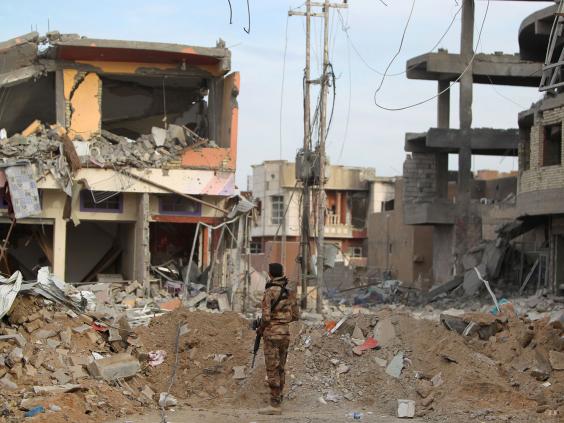PM cancels visit to Brussels following blast in capital Ankara. All security agencies and personal put on high alert in Ankara as intelligence warns of more explosions. Turkish officials have put a Broadcast ban on the explosion in Ankara, only official statements allowed are allowed to be broadcast.
CBS: ANKARA, Turkey – A large explosion, believed to have been caused by a bomb, injured several people in the Turkish capital on Wednesday, according to media reports.
The governor of Ankara said at least five people have been killed and 10 others injured in the explosion. Mehmet Kilicer said Wednesday officials believe the explosion was caused by a car bomb.
Private NTV said the explosion occurred during rush hour in an area close to where military headquarters are located as a bus carrying military personnel was passing by. Several cars caught fire, the report said. Ambulances were seen rushing toward the scene.
The explosion caused a large fire and dark smoke could be seen billowing from a distance.

Police told The Associated Press they are investigating the cause of the explosion.

The Turkish capital has been targeted with bombings often in recent months as the government finds itself wrapped up in the conflict in neighboring Syria, all while battling the ISIS threat as well as an ongoing insurgency from Kurdish militants.

In December of last year, a bomb left above a subway station in the capital injured five. Officials blamed Kurdish separatists.
In October of last year, a bomb at a peace rally in the capital killed dozens. Officials blamed ISIS for the blast.
Saudi Arabia to deploy jets to Turkey’s Incirlik Air Base
Saudi Arabia is locked in two other proxy wars with Iran in Yemen and Bahrain.
“I believe Iran and Saudi Arabia can have shared interests in Syria”.
Saudi Arabia’s relations with Iran hit a new low in January after the Saudis executed a prominent Shiite cleric, Sheikh Nimr al-Nimr, leading Iranian protesters to ransack and set fire to the Saudi embassy in Tehran. Reengagement means to the Saudi leader, aggressive USA support for the kingdom’s efforts to shape the Middle East and North Africa in its image.
Syria has been gripped by foreign-backed militancy since March 2011.
Saudi intervention in Syria would, in contrast to Yemen, which the kingdom sees as a proxy war, bring Saudi troops in closer proximity to Russian forces and Iran’s Revolutionary Guard.
It’s a high-stakes gamble that would create the ideal powder keg, from which the U.S. would be unable to stand aside.
The agreement was signed on Friday following a meeting of the International Syria Support Group (ISSG) in the German city of Munich.
But doubts have emerged over its viability, especially because it did not include IS or Al-Qaeda’s local branch, which is fighting alongside other rebel groups in several areas.
In many ways, the Saudi offer, whether implemented or not, constitutes a master stroke.
US Secretary of State John Kerry complained that the vast majority of Russia’s attacks in Syria were against “legitimate opposition groups” rather than IS jihadists. U.S. officials have repeatedly insisted that any ground force would have to be Arab-led.
He criticised Saudi Arabia for trying to exclude Iran from peace talks.
The Saudi gamble ironically fits neatly with the strategy of the Russian and Iranian-backed regime of Syrian President Bashar al-Assad.
Saudi Arabia is said to be furious that their main regional rival, Iran, has been allowed to consolidate its power bases in both Iraq and Syria because of the civil wars in both countries and under the cover of an global air campaign supposedly targeting ISIL.
“Turkey and Saudi Arabia may launch an operation (against IS) from the land”, he added, the paper said.
The Saudi offer of ground troops exploits an increasingly untenable situation.
Turkey hosts more than 2.5 million Syrian refugees and tens of thousands more have massed at its borders after a fierce government offensive around Aleppo.
Cavusoglu spoke to the Yeni Şafak newspaper after addressing a security conference in Munich, Germany, where the Syrian crisis was one of the top issues on the agenda.
Saudi Arabia is to deploy military jets and personnel to Turkey’s Incirlik Air Base in the south of the country, Ankara said.
Syria President Bashar Assad and Russian President Vladimir Putin. To turn the tide, it needs a United States that is engaged and willing to do its bit. Saudi Arabia subsequently cut all ties with Iran.
“Iran is our neighbor”, he said.


